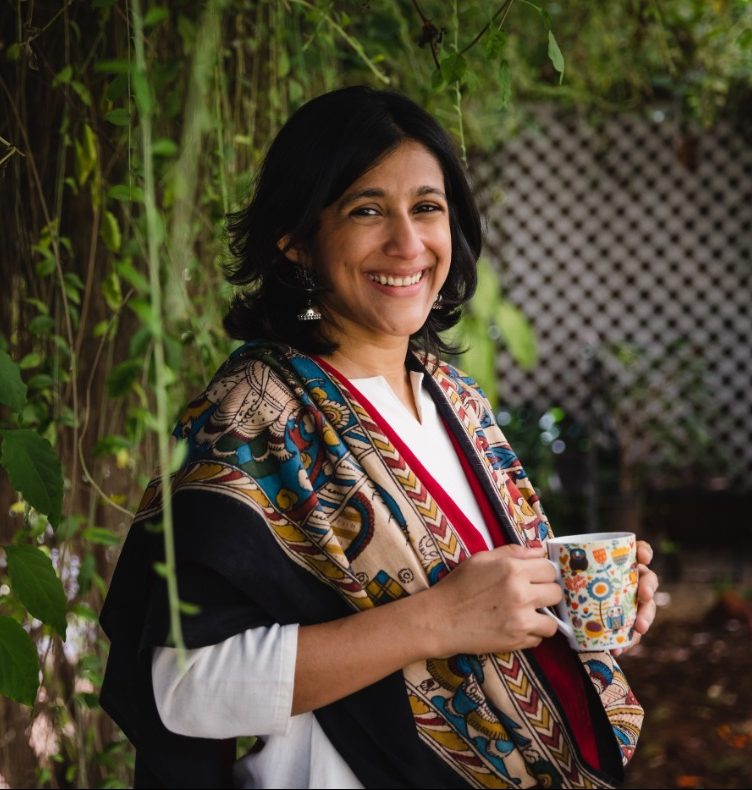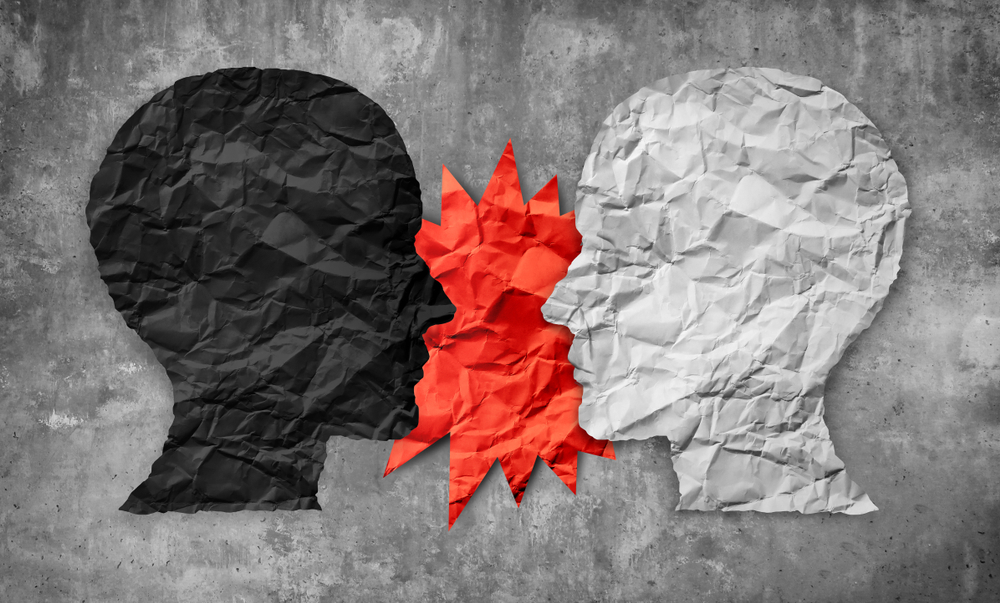Upon his return to Florence in 1506, the Italian Renaissance painter Leonardo da Vinci was met with scorn by his younger rival Michelangelo. One day, while passing each other on the street, the macho Michelangelo is said to have chided Da Vinci, calling him a bastard and a pervert. (Da Vinci had been preoccupied with androgyny in his paintings, and his parents were not married). Then, shortly after Michelangelo’s David statue was unveiled in the Piazza della Signoria, Da Vinci retaliated by sketching a parody of the figure with its genitalia covered, insinuating that it had no balls.
Learning to hate
A collection of Indian animal fables known as the Panchatantra tells the origins of a longstanding feud between crows and owls. The birds of the jungle had long been upset by their King Garuda’s neglect so they decided to elect a new king, the owl. All the birds had agreed except for the crow, who could not attend the meeting. As the owl was about to be crowned, however, the crow showed up. He was asked for his opinion, and the points he raised caused the other birds to abandon their plans to replace Garuda all together. This upset the owl, who vowed to never forgive the crow. From then on, crows and owls of succeeding generations remained enemies. The lesson of the fable was meant for the crow, who learned that he should keep his opinions to himself. However, there is also a lesson for the owl, and for future generations of owls: hate can be an attitude we inherit. Sometimes the only reason we hate is because we were taught to do so by our predecessors or peers. We learn to hate.
The illusion of hate
To hate something, you need to be able to see the subject of your hate as uncomplicatedly bad, immoral, dangerous, evil, etc. When you value someone or something even a little bit, it becomes harder to hate them. Politicians know this, and they use it to their advantage. They devalue the opposition to a point where you feel personally justified in defending yourself from this imminent threat – now you have the alt left and the alt rights. You start to take pleasure in the “others” pain. This is the point, Indian wisdom warns us, that we deceive ourselves, that we get lost in “maya.”
The war within, the embodiment of hate
Modern medicine and psychology warn us that hate is bad for the hater. When you loathe something or feel antagonism towards another, you put your own health at risk.
Why?
Every time you trigger your hate – through a news piece or some internal thought of injustice, your heart rate increases. Adrenaline releases. Muscles tighten. Posture alters. Facial expressions change. Hate is embodied.
It makes you vulnerable to hypertension, gastrointestinal disorders, cancer, heart attacks and strokes. Even if you win the battle with your opponent, you’ve managed to wage a war within yourself in which there is no winner.
Inner peace non-violence
The first of Buddhism’s five precepts is “ahimsa,” which loosely translates to “cause no injury.” There has been much debate about the use of violence as self-defense, but we all seem to agree that there are physiological consequences of anger and hostility. We know that exploding on the outside leads to violence on the inside. To be non-violent to the self, you need to resist acting impulsively and work on emotional self-regulation. In cognitive psychology, the ability to exercise restraint is called “executive functioning.” This allows us the mental space to come up with creative solutions and decide how we want to respond. The good news is that with practice and training, we can get better at these top-down mental processes. This in turn leads to better reasoning, problem solving and planning. More importantly, it boosts your chances of living a healthier, happier, and more content life.
A Buddhist quote that holds so true, says of anger and hatred
“You will not be punished for your hatred, you will be punished by your hatred”


